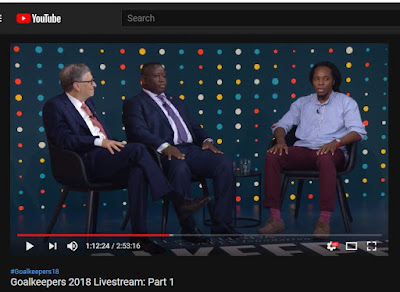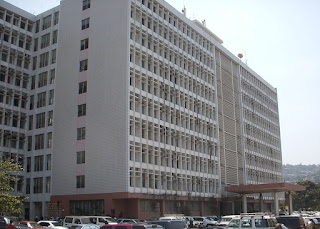Moves and Changes in Sierra Leone's Corridors of Power

Soon after Ernest Bai Koroma was inaugurated in 2007, there was a huge outcry over the number of political appointees asked to step down. A decade on a similar crisis is brewing, but nobody seems to know the rules governing political appointees in Sierra Leone. On April 12th, Julius Maada Bio was declared the winner of the 2018 presidential elections. Five months on, President Bio has made over a hundred political appointments including ministers, deputy ministers, high commissioners and ambassadors, and heads of state-owned enterprises. He has also appointed technocrats, non-elected technical experts for science and technology. Going by the precedent set since independence, Bio has the power to hire and fire heads and deputies of all Sierra Leone's Ministries, Departments, and Agencies (MDAs) as well as public boards. These include the Ports Authority, Maritime Administration, Roads Authority, State Lottery, Housing Corporation, National Social Security Insurance Trust, Re...


